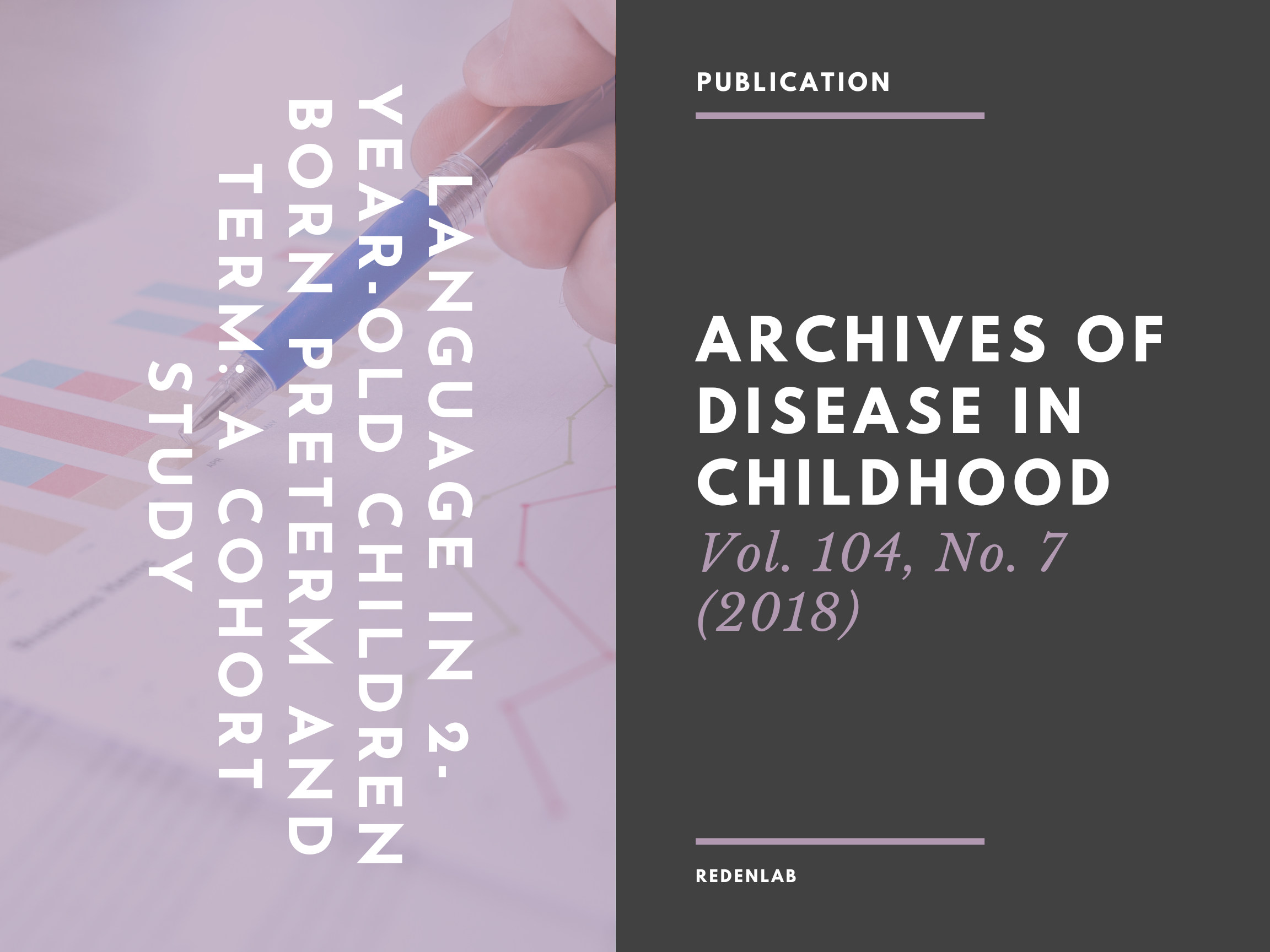SCIENCE: Language in 2-year-old children born preterm and term

PURPOSE:
Language skills are critical. Children born very preterm are vulnerable to language problems, but further work is needed to determine characteristics and specific predictors of language problems in this population. We aimed to compare language outcomes between 2-year-old children born <30 weeks and their term-born peers; and to explore risk factors for language difficulties in this cohort.
DESIGN:
Language at 2 years was examined in 134 children born <30 weeks and 133 children born at term using the Bayley Scales of Infant and Toddler Development – 3rd Edition (Bayley-3) and the Communication and Symbolic Behaviour Scale: Developmental Profile (Infant Toddler Checklist) (CSBS:DP). Outcomes were compared between groups. Factors hypothesised to predict language outcome were examined in the preterm group: gestational age at birth, birth weight z-score, sex, hearing loss, multilingualism, maternal education, brain abnormality on MRI, medical risk and oromotor concerns at 12 months.
RESULTS:
Children born <30 weeks performed more poorly on the CSBS:DP (particularly the social and symbolic composites) and the language scale of the Bayley-3 at 2 years than term-born peers. Lower gestational age at birth, male sex, hearing loss and multilingualism predicted poorer language scores.
CONCLUSIONS:
Despite improvements in medical management, children born very preterm exhibit language delays at 2 years of age, with specific deficits in social communication and symbolic skills. Significant predictors of poorer language outcomes were similar to those in the general population (male sex, hearing loss, multilingualism), suggesting that further work is needed to establish which specific factors place preterm-born children at heightened risk.
Click here for more details.
